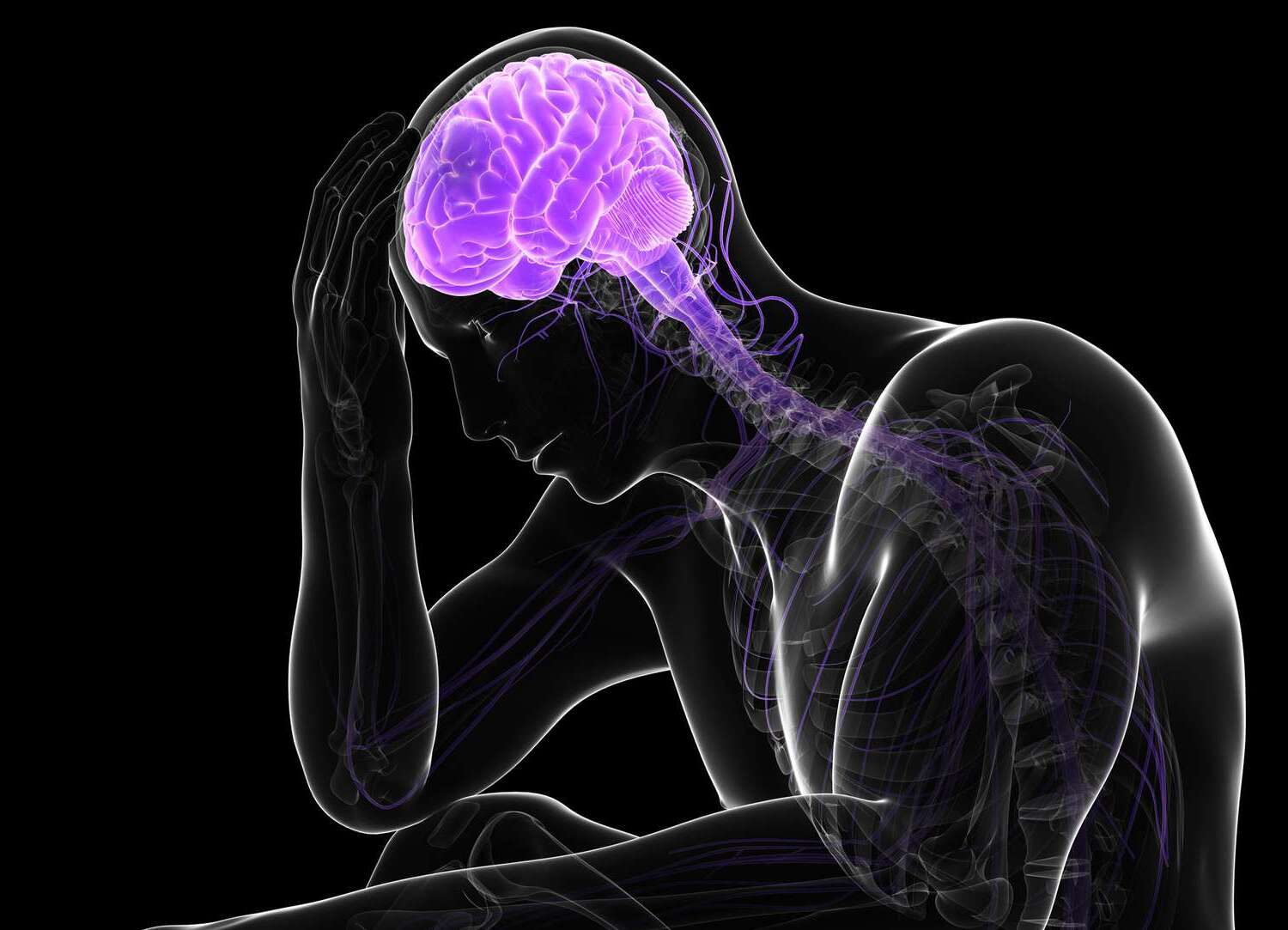Intracranial pressure (ICP) is a vital parameter in the management of patients with neurological conditions. This quiz will challenge your understanding of the mechanisms, clinical manifestations, and therapeutic interventions associated with increased ICP. Sharpen your skills and knowledge with these thought-provoking questions.
We recommend that you do not leave the page that you are taking this quiz in. Stay honest 🙂
Increased ICP Quiz Questions Overview
1. What is the normal range of intracranial pressure (ICP) in adults?
0-10 mmHg
5-15 mmHg
10-20 mmHg
15-25 mmHg
2. Which of the following is NOT a common cause of increased ICP?
Traumatic brain injury
Hydrocephalus
Hypoglycemia
Brain tumor
3. What is the most common initial symptom of increased ICP?
Severe headache
Nausea and vomiting
Blurred vision
Altered mental status
4. Which diagnostic tool is most commonly used to measure ICP directly?
MRI
CT scan
Lumbar puncture
Intraventricular catheter
5. Which of the following is a potential complication of untreated increased ICP?
Seizures
Brain herniation
Meningitis
Hydrocephalus
6. Which medication is commonly used to reduce ICP by decreasing cerebrospinal fluid production?
Mannitol
Furosemide
Dexamethasone
Acetazolamide
7. Which position is recommended for a patient with increased ICP to help reduce pressure?
Flat on the back
Trendelenburg position
Head of bed elevated 30 degrees
Prone position
8. Which of the following is a non-invasive method to monitor ICP?
Transcranial Doppler ultrasonography
Intraventricular catheter
Subdural bolt
Epidural sensor
9. What is Cushing’s triad, a classic sign of increased ICP?
Hypertension, bradycardia, irregular respirations
Hypotension, tachycardia, rapid respirations
Hypertension, tachycardia, irregular respirations
Hypotension, bradycardia, rapid respirations
10. Which of the following interventions is typically NOT used to manage increased ICP?
Hyperventilation
Osmotic diuretics
Corticosteroids
Antibiotics
11. What is the primary goal in the management of increased ICP?
Prevent seizures
Reduce brain swelling
Maintain cerebral perfusion pressure
Control pain
12. Which of the following is a common surgical intervention for relieving increased ICP?
Craniotomy
Laminectomy
Endarterectomy
Angioplasty
13. Which of the following is a potential side effect of mannitol, a medication used to reduce ICP?
Hyperkalemia
Hypotension
Hyperglycemia
Hyponatremia
We recommend that you do not leave the page that you are taking this quiz in. Stay honest 🙂
Can Your Friends Do Better Than You in This Quiz?
Share this quiz with your friends and compare results.
Was this page helpful?
More Popular Health & Wellness Quizzes:
-
Basic ECG Quiz
-
Mental Health First Aid Quiz
-
Pancreatic Cancer Quiz
-
Trauma-Informed Care Quiz
-
Diaper Quiz
-
Surgical Instruments Quiz











